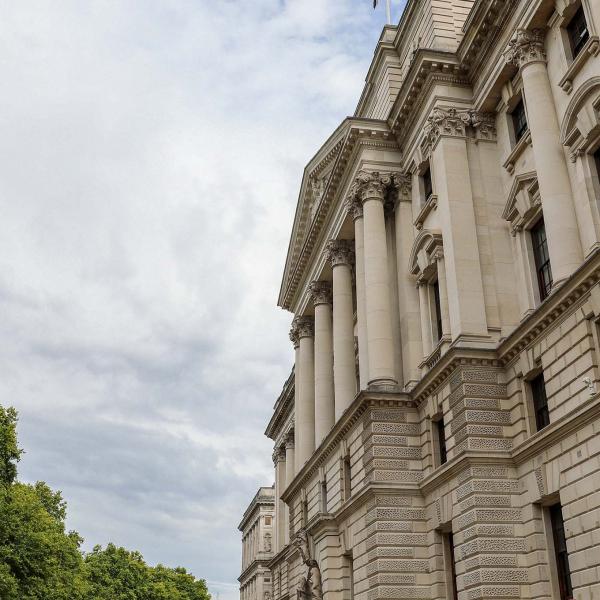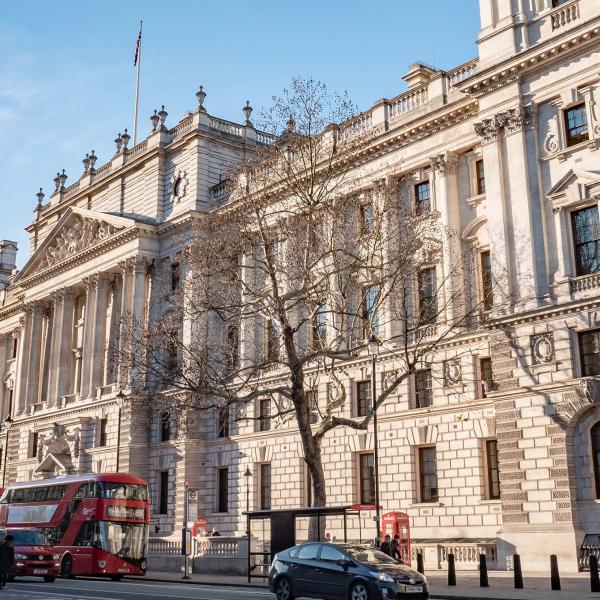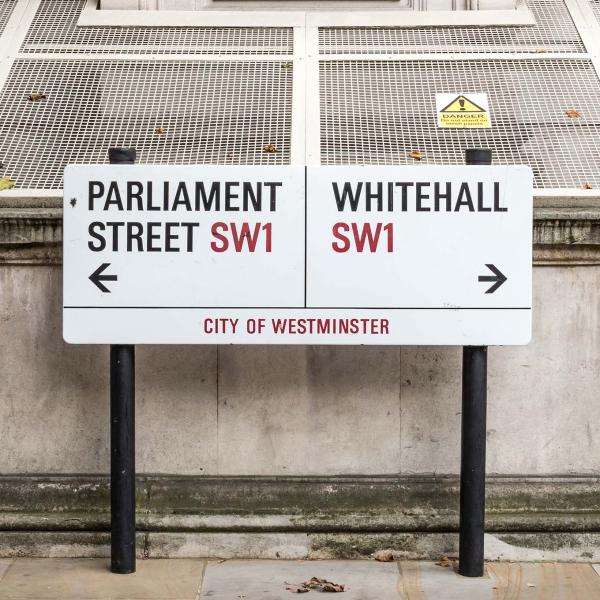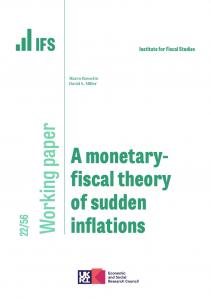The Chancellor pencilled in spending plans for the review covering the three years to 2010/11 implying that spending would peak next year and then fall by 0.7 percent of national income over the following four years - almost £9 billion in today's terms.
This would further intensify pressure for efficiency gains to maintain or improve the quality of public services. But it would also limit the incoming Conservative leader's options if he wants to offer tax cuts by increasing spending slower than the economy.
Following a rise in spending next year, the subsequent squeeze would deliver about a quarter of the £20 billion improvement in the current budget balance (in today's terms) he predicts over the next five years. He also expects revenues to rise by almost £16 billion in today's terms, helped by a new tax increase for oil companies.
For the seventh forecast running, he had to concede that the current budget deficit was overshooting his forecasts this year. The "golden rule" requires him to run a balance or surplus on the current budget over the economic cycle, which he defined in March's Budget as the seven financial years from 1999/00 to 2005/06.
His forecasts imply the rule would be missed narrowly over this period. But Mr Brown now says the cycle began two years earlier and will end three years later than he thought in March. This puts him on course to meet the rule over this cycle with £16 billion to spare, as well as making it easier to meet over the next. These fortuitously timed revisions strengthen the case for asking an independent body to date the cycle.









